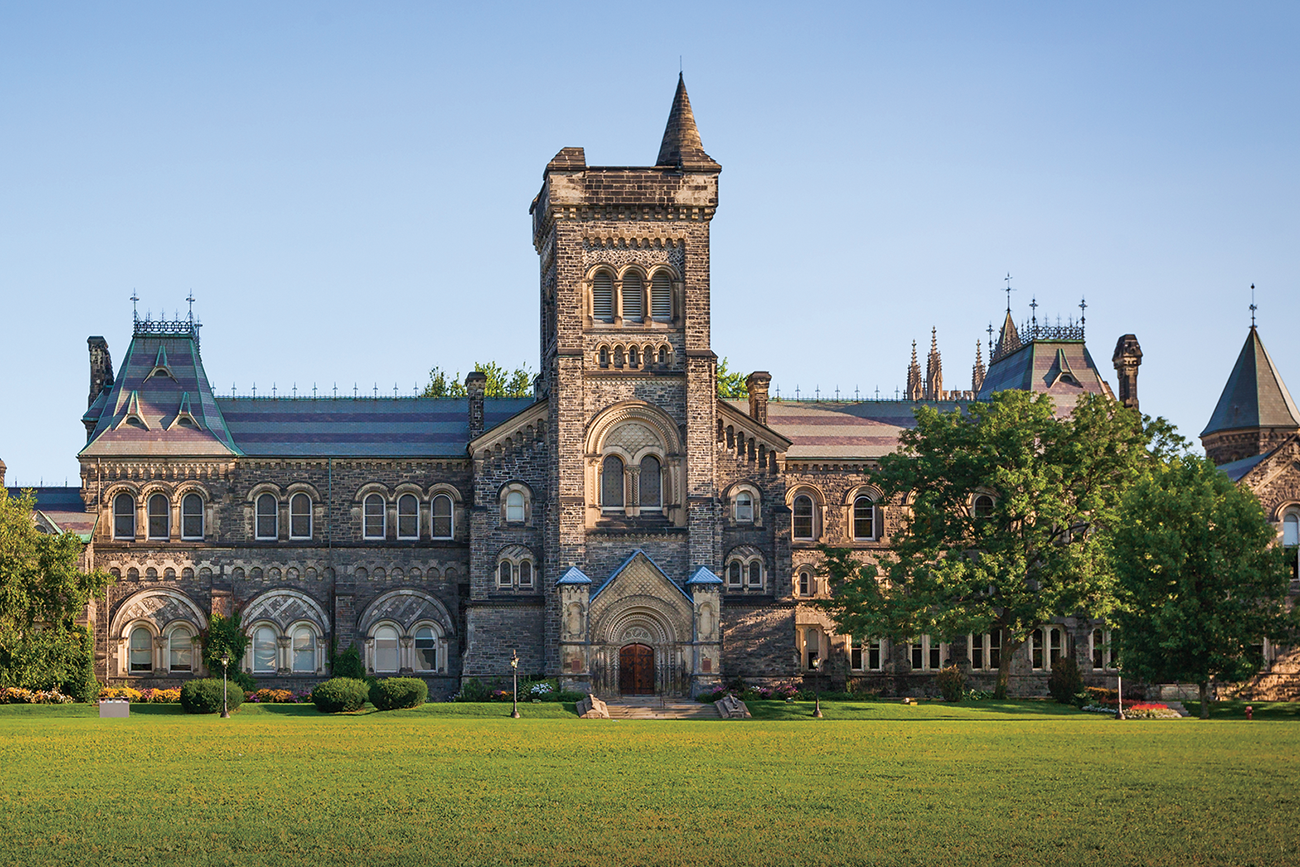
On September 17, CAUT called on its members and allies to suspend actions related to the censure against the administration of the University of Toronto in response to the its decision to reverse course and re-offer Dr. Valentina Azarova the position of Director of the International Human Rights Program in the Faculty of Law.
Even as many U of T faculty and the CAUT Executive Committee called the development a “victory for academic freedom”, the case was still making headlines.
“U of T is now so notorious it is dealing with spin-off scandals as a result of this censure,” said Deb Cowen, a professor of Geography and Planning, and one of the organizers of the CensureUofT online campaign that gathered close to 1500 pledges from academics and high-profile influencers around the globe in support of the censure. “The recent release of documents [related to the Canadian Judicial Council’s review of Judge Spiro] has vindicated everyone who took action on the censure.”
The Canadian Judicial Council (CJC) ruled this past May that Judge David E. Spiro, a U of T donor and sitting tax judge, had committed a “serious error” in raising concerns about the decision to offer a position to Dr. Azarova. Within days of Judge Spiro’s intervention, the Faculty of Law rescinded its offer to Dr. Azarova.
In documents released by the CJC since the inquiry, Judge Spiro expresses regret for his actions. The documents confirm that the Centre for Israel and Jewish Affairs had alerted Spiro of Azarova’s potential hiring and shared a memo that characterized Azarova as an “anti-Israel academic crusader” for her scholarship on human rights in Israel and Palestine.
In an odd twist, however, instead of removing Judge Spiro from his post, the Tax Court then banned Muslims (both lawyers and litigants) from appearing before him.
“Like everyone, from the beginning, I saw that the issue was Dr. Azarova’s scholarship on Palestine,” said Melanie Newton, associate professor at U of T, and a member of the CensureUofT campaign. “There is anger in the University, and a new level of awareness about how historically disenfranchised people, including Palestinians, are being targeted. The problem at U of T comes from deep historical roots in colonialism and racism and implicates the highest levels of the administration.”
Last month, CAUT notified the U of T administration that the full censure would be formally lifted pending resolution of all the issues in the case, including re-offering the position to Dr. Azarova, explicitly extending academic freedom protections to academic managerial positions and developing policies that prohibit donor interference in internal academic affairs.
In the meantime, Dr. Azarova has declined the offer. In a statement, she said that she realized her “leadership of the program would remain subject to attack by those who habitually conflate legal analysis of the Israeli-Palestinian context with hostile partisanship”.
Cowen notes that the campaign against the U of T’s actions was “multi-racial, multi-faith” and included many Jewish faculty and students from diverse academic departments and disciplines. Outside support for the campaign came from a range of public figures and organizations, including former governor general Michaëlle Jean and Amnesty International.
Cowen says that while much work remains to be done to hold the University accountable for its “beautiful and powerful mandate and mission”, most students and faculty involved in the campaign feel they have “never felt such a sense of community and collegiality.”
“For many of us, this was an unprecedented experience to see the University administration respond to grassroots efforts. This is a watershed moment for collective action.
We can’t leave it to universities to [do the right thing]. With U of T, they misdiagnosed the problem as an issue related to confidentiality. But this is and always was about academic freedom.”
A previous version of this story misidentified Deb Cowen as Deb Cowan, professor of Geology and Planning. Deb Cowen is a professor of Geography and Planning. We sincerely apologize for this mistake.